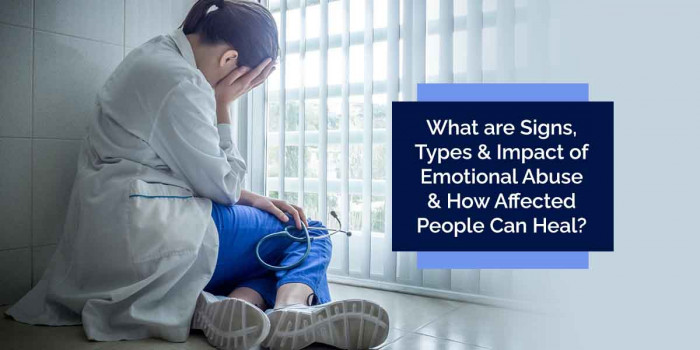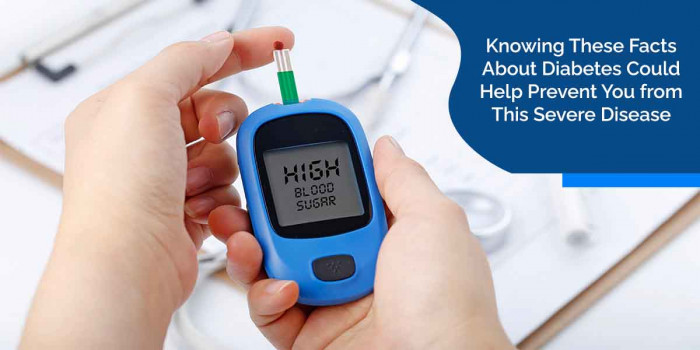7 Tell-Tale Signs Your Body Has a Deficiency of Calcium
A vital mineral for the human body, calcium, is required for maintaining strong and healthy bones, teeth, and other bodily functions. Read on to find out if you have a calcium deficiency.
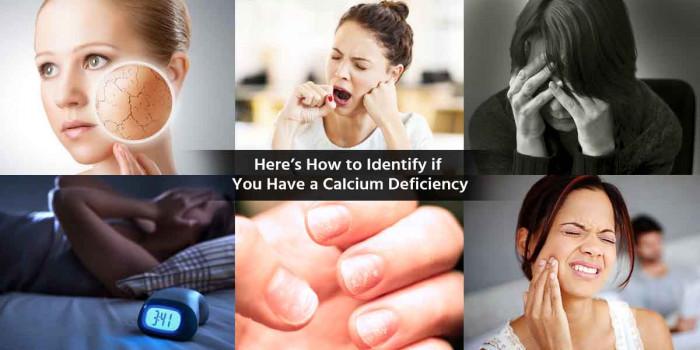
Calcium is a vital mineral that every person must consume in their diet. It is responsible for the maintenance of strong and healthy bones, regulation of blood pressure and hormone secretion, aids in blood clotting, contraction & relaxation of muscles, conduct proper nerve signals, and early developmental growth.
The recommended daily intake of the essential mineral ‘calcium’ for an adult person is around 1000 mg. This requirement can be met by consuming various foods, such as milk, soybeans, sesame seeds, yogurt, fatty fish, cheese, nuts, and dark leafy green vegetables.
Also, to help your body absorb more calcium, you should increase the intake of Vitamin D that is found in egg yolks, oysters, shrimp, mushrooms, and some fortified foods. Do check out some of the best diet plans according to science that you should follow for a healthy living.
Now, let’s know here about some signs & symptoms that indicate that you might have a calcium deficiency.
1. Muscle Cramps
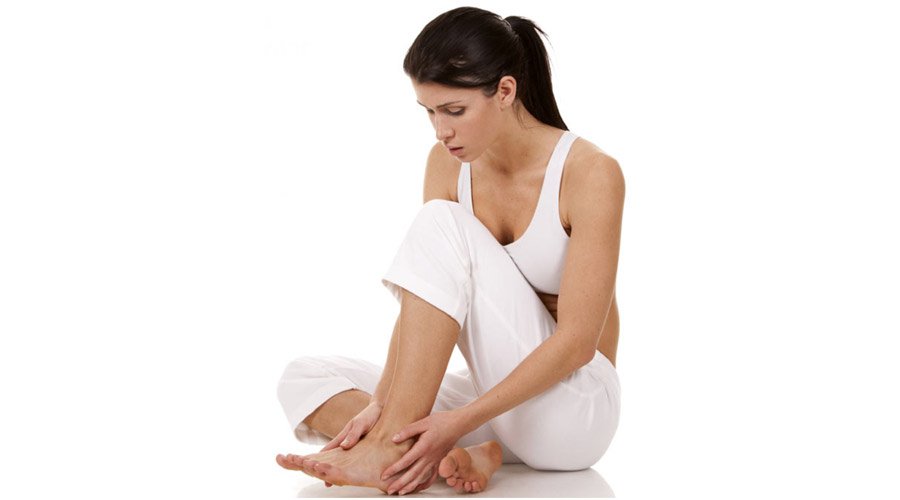
As one of the early symptoms of calcium deficiency, muscle cramps can occur in arms, thighs, and underarms, especially at night. It can be accompanied by muscle pain as one walks or moves. Eventually, with time, it can progress into spasms in muscles across the body.
2. Memory Loss
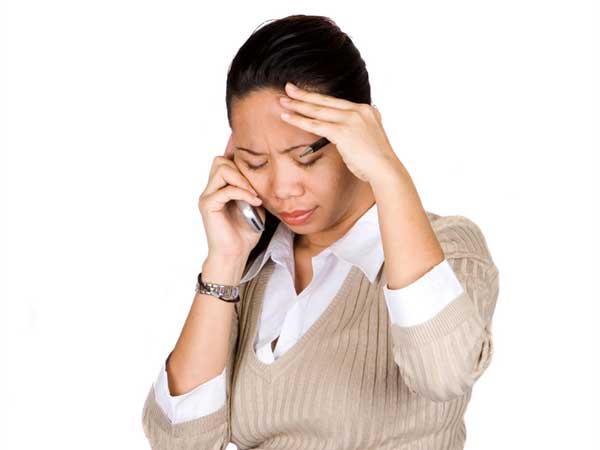
Not only muscles but the lack of calcium in the body can also affect the functioning of the nervous system. Yes! The low calcium levels in the blood can result in mental confusion, hallucinations, and even memory loss.
3. Numbness or Tingling
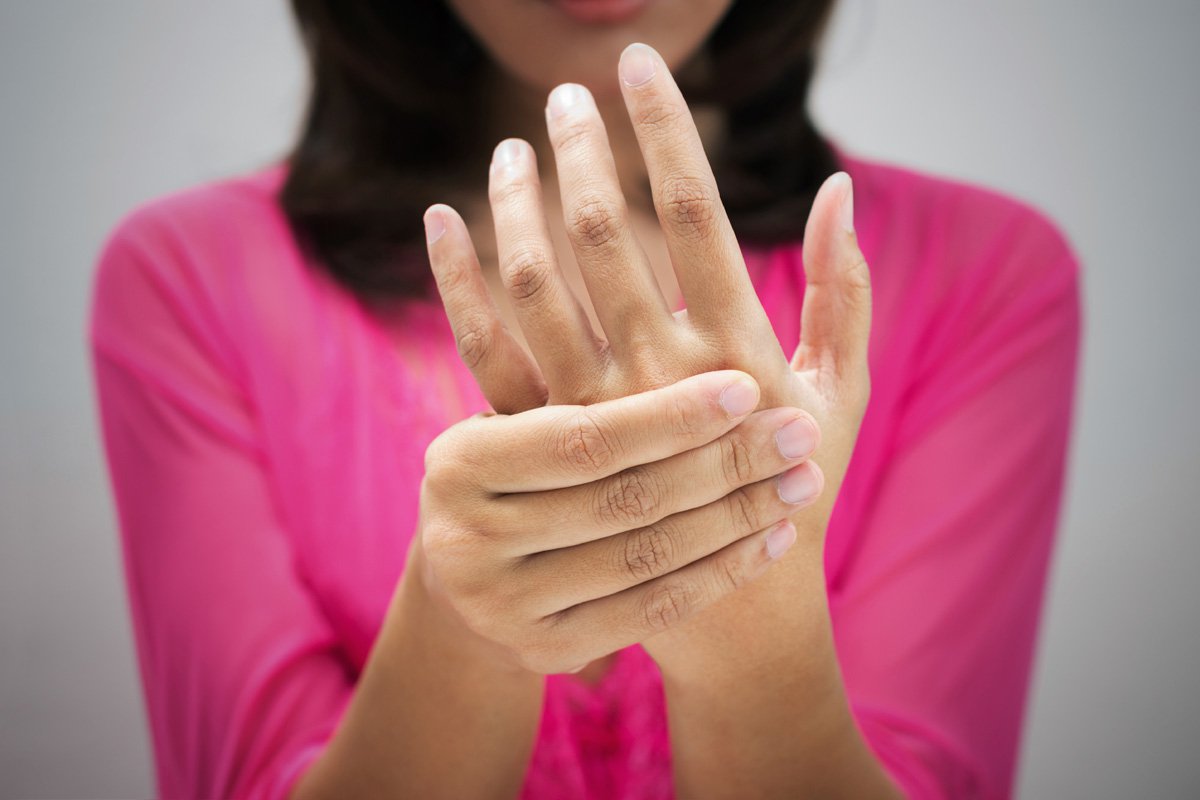
A calcium deficiency can even result in neurological and physical impairment. An impaired sense of touch, tingling, numbness, and muscle tremors in the feet, hands, and face can occur.
4. Depression

Calcium also plays a crucial role in regulating mood. It is a natural sedative that produces calming and relaxing effects. So the less calcium you consume, the more depressed you may feel.
5. Fatigue

Lack of calcium in the body affects overall physical health. So experiencing extreme fatigue, lethargy, lack of energy, or a constant feeling of sluggishness can be a sign of calcium deficiency, thus focus on having a balanced diet.
6. Brittle Nails

Nails require calcium to avoid them from becoming dry, weak, slow-growing, and prone to peeling and splitting. But brittle nails can be made strong through adequate calcium intake.
7. Frequent Illness

Someone with a calcium deficit can have an unhealthy immune system. Thus, you might easily fall sick and catch a cold more often. And as calcium helps your body fight against viruses and bacteria, your body’s resistance against pathogen attacks increases.
Besides the above signs and symptoms, calcium deficiency can also cause dry skin, insomnia, toothaches, difficulty swallowing or losing weight, blood pressure changes, and even heart failure. Also, a condition called rickets, which leads to the softening and weakening of bones in children, is usually caused due to vitamin D deficiency.
To Sum Up
As per research on why a person has a calcium deficiency (or hypocalcemia), it is found that most people experience it due to improper calcium absorption. Moreover, people who are at higher risk of calcium deficiency include the elderly, people on high-protein or high-fiber diets, and those who drink too much alcohol.
So with the help of these signs and symptoms, you can identify if you or someone else you know has a calcium deficiency. Make sure you take proper diet and include calcium & Vitamin D rich foods to maintain good overall health.
Popular Posts
10 Amazing Lessons You Should Learn From Mr Olympia Jeremy Buendia
Jeremy Buendia is an fitness inspiration for people from all over the world, there is a reason why he has been so successful at what he has been doing. Don’t look for the reasons take some lessons from the fitness sensation right here, that can change your lives.
Ethan Stephans
Why Are Pubic Hair Thicker Than Body Hair?
As children we always had several questions about our bodies, which were alien to us, this post is to serve a decade-long curiosity of young boys/girls about their pubic hair and its texture.
Augustus Perez
7 Sleeping Tips That Every Woman Should Follow During Pregnancy
Pregnancy is not easy. Pregnant women experience a lot of changes in their bodies, like increased stomach size, frequent urination, and sleeping discomfort.
Still Unfold






